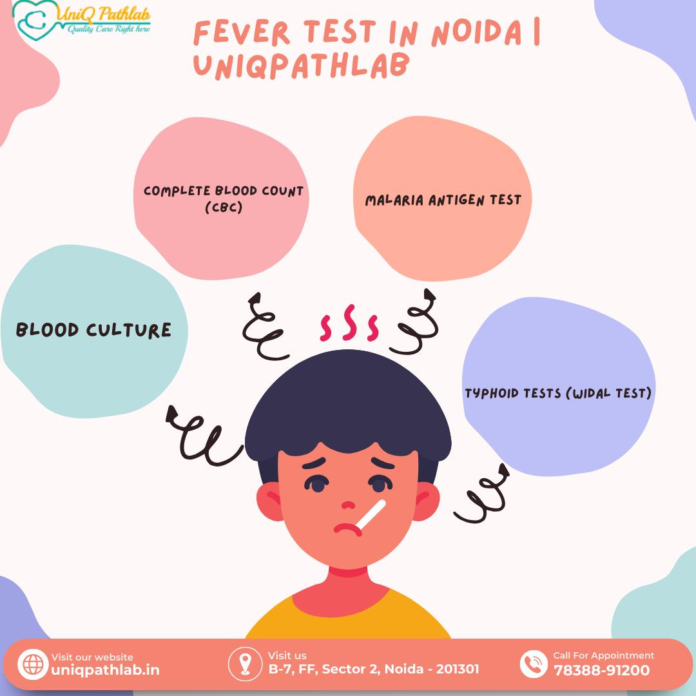
Introduction to Dengue Fever
Dengue fever is a viral infection transmitted by the Aedes mosquito. It is a widespread disease in tropical and subtropical regions, affecting millions of people each year. The symptoms of dengue fever can range from mild to severe, and it is important to be aware of the signs so that early treatment can be sought.
There are four distinct serotypes of the dengue virus, and infection with one type does not provide immunity to the others. This means that it is possible to contract dengue fever multiple times. The symptoms of dengue fever typically appear 4-10 days after being bitten by an infected mosquito and can last for up to 10 days.
1. High Fever
One of the hallmark symptoms of dengue fever is a sudden onset of high fever, often reaching 104°F (40°C) or higher. This fever can be accompanied by severe headache, muscle and joint pain, and inflammation of the lymph nodes. It is important to monitor the fever closely and seek medical attention if it persists or worsens.
2. Severe Headache
Many individuals with dengue fever experience intense headaches, often described as a pounding or throbbing sensation. This headache can be debilitating and may be accompanied by sensitivity to light and sound. If you experience a severe headache along with other symptoms, it is important to seek medical evaluation.
3. Nausea and Vomiting
Nausea and vomiting are common symptoms of dengue fever, particularly in the early stages of the illness. These symptoms can contribute to dehydration, so it is important to stay hydrated by drinking plenty of fluids and seeking medical care if vomiting persists.
4. Skin Rash
A characteristic skin rash can develop in some individuals with dengue fever. The rash may appear as small red or purple spots, typically on the arms and legs. In some cases, the rash may spread to the chest, back, and abdomen. If you notice a rash along with other symptoms of dengue fever, it is important to seek medical attention for an accurate diagnosis.
5. Fatigue and Weakness
Fatigue and weakness are common symptoms of dengue fever and can persist for weeks after the acute phase of the illness has passed. Rest and adequate hydration are important for recovery, and individuals with dengue fever should avoid strenuous activities until their strength returns.
6. Abdominal Pain
Some individuals with dengue fever experience abdominal pain, particularly in the upper right quadrant of the abdomen. This pain may be accompanied by nausea, vomiting, and a feeling of fullness. If you experience persistent or severe abdominal pain, seek medical evaluation.
7. Bleeding and Bruising
In severe cases of dengue fever, bleeding and bruising can occur due to low platelet counts and impaired clotting function. Bleeding may present as nosebleeds, gum bleeding, or easy bruising. If you experience any signs of bleeding, seek immediate medical attention.
8. Respiratory Symptoms
In some cases, individuals with dengue fever may experience respiratory symptoms such as coughing, chest pain, and difficulty breathing. These symptoms can be a sign of more severe dengue complications and should prompt immediate medical evaluation.
9. Neurological Symptoms
Neurological complications of dengue fever, such as confusion, seizures, and altered consciousness, can occur in severe cases. If you or someone you know experiences neurological symptoms, seek emergency medical care.
10. Prevention and Treatment
Preventing dengue fever involves avoiding mosquito bites by using insect repellent, wearing long sleeves and pants, and using mosquito nets while sleeping. There is currently no specific treatment for dengue fever, so supportive care is focused on relieving symptoms and preventing complications. If you suspect you have dengue fever, seek medical care for an accurate diagnosis and appropriate management.












